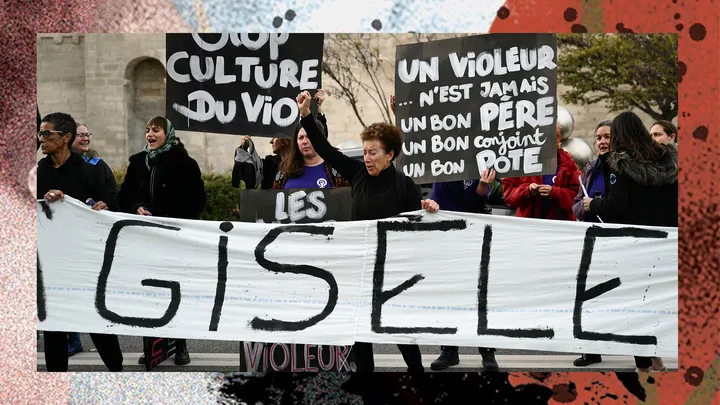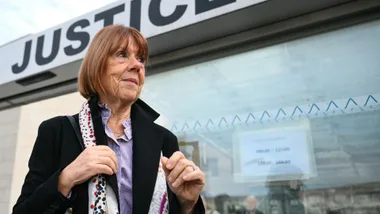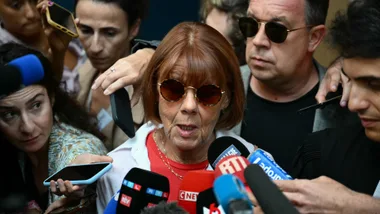The onus should never be on a victim to stop the abuse. Gisèle Pelicot showed the world that while shame must change sides, so too should efforts to stop the crime: male-perpetrated violence against women is not a women’s issue. White Ribbon’s new CEO, Merinda March, talks about hope in a post-Pelicot world.
Gise`le Pelicot has created a seismic shift in the narrative around family domestic violence. The nature of the case being so shocking has increased conversations about the roles men play in perpetrating violence – because we all know that statistically it’s predominantly male perpetrators – and also the role they need to play in standing up as allies for ending violence.
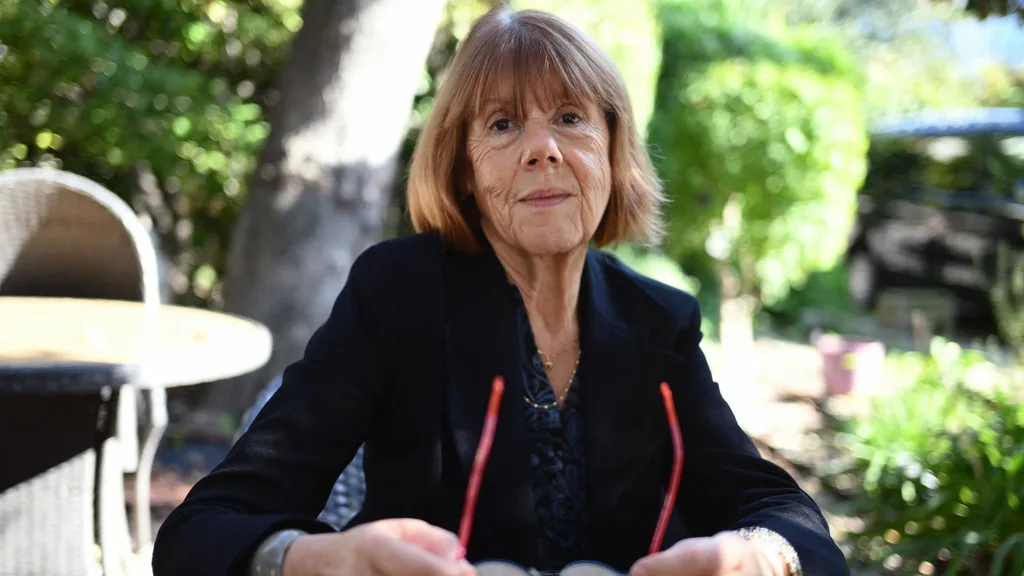
We must dismantle the normalisation of male violence against women and empower women to continue to come forward and share their stories. We have so much to learn by listening to the voices of women like Gisèle who are impacted, the women who have the courage and resilience to share their stories.
If a woman is brave enough to share her experience, believe her – it will empower her, and possibly others, to come forward and share their stories early enough to prevent more harm.
Family and domestic violence is a man’s issue that impacts women.
It’s so important that stories about violence are not only being shared by women to a room full of women – that’s when you’re preaching to the choir.
It’s about calling all boys and men in to take some responsibility and see themselves as active participants, upstanders, not bystanders, and have conversations in their own circles.
Not every man is a violent perpetrator, but there are men who stand by when others say things that are inappropriate, or they let damaging beliefs, comments and jokes slide. The more those behaviours are let go, the more social licence it gives for men to behave in that way.

So in a post-Pelicot world, it really is about men stepping up, and for organisations like ours – which was founded by men for men – to pull them into the solution rather than push them out and rely on women to solve domestic violence.
Toxic masculinity needs a rebrand. Labelling doesn’t promote collective action, and it can be counterproductive and divisive. If we label someone as toxic, it becomes a self-fulfilling prophecy and reinforces how that individual is viewed and is expected to behave and not seeing their potential for change.
We were talking to men who were angry about the label, and who had young boys in their families and said it felt like their boys were being labelled as perpetrators right from the start. The label wasn’t helping boys understand that they can be the difference.
We’ll see a difference when we create a social movement of young men who want to see change, and they can take the pressure off women when it comes to standing up against family and domestic violence.
White Ribbon Australia is committed to ending men’s violence against women and advocates strongly for Communicare’s live-in program in Western Australia called Breathing Space. This approach sees a violent offender removed from the family home, reducing the impact on the women and children involved. It’s essentially a rehab facility where men who have chosen to use violence work on their behaviour and the changes they need to make.
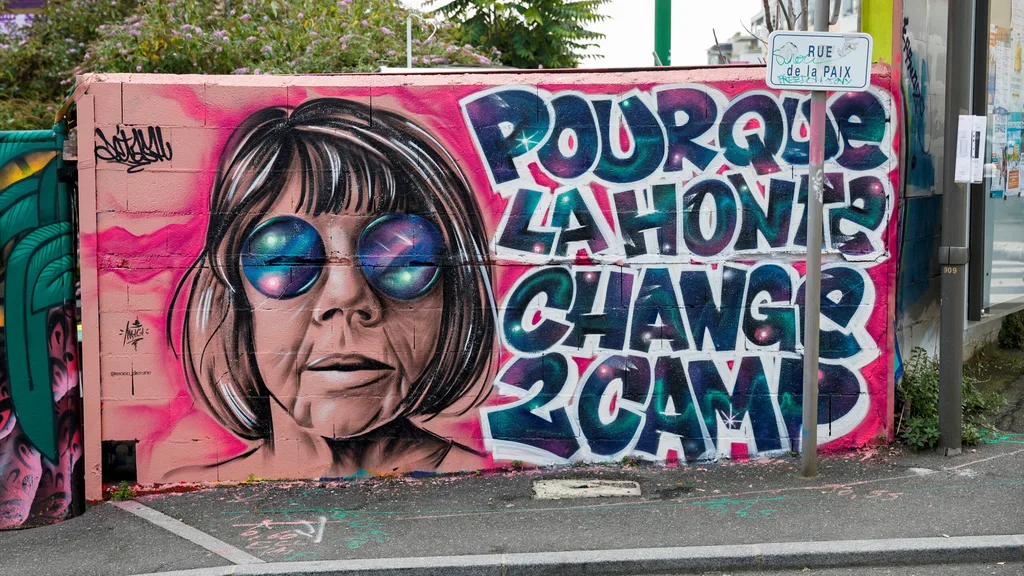
The men are supervised and undergo counselling; the program is 24/7 for three to six months, and everything is done in a therapeutic environment with peers who are holding each other to account.
For women, it means the abuser is out of their home and the family can receive the supports and “breathing space” needed. The whole program is dedicated to keeping women and children safe. Women are at the heart of everything we do.
Our call to action to the government is to create these Breathing Spaces all around Australia. Not only does the model work in the leafy green suburbs, it’s also working in the most remote communities where there is a lack of services available for people in family and domestic violence situations.
Gisèle Pelicot has challenged us to speak up and drive awareness, to work with young boys in schools and encourage them to start having the conversations and setting those expectations early.
In doing so, we will also continue to empower young women to own their space. We’re seeing young men who want to change the narrative around domestic violence. They’re passionate about changing the culture that supports violence. They want to break the cycles of violence.
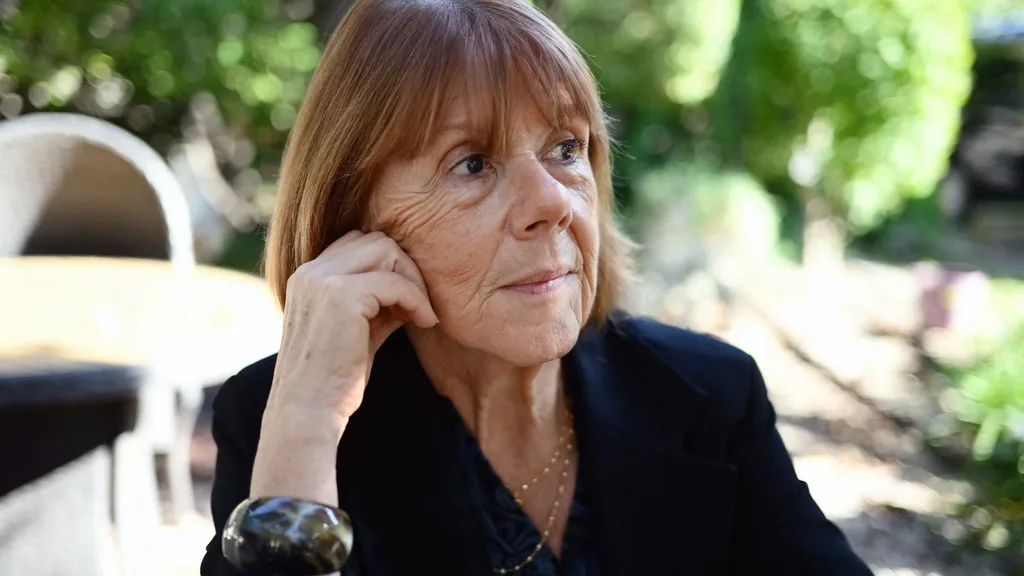
They’re asking the right questions to be part of the solution, and White Ribbon’s responsibility is to give them the tools in their toolbox to be able to be upstanders in the community.
While there are many men who are walking alongside women, standing up and supporting, we do not want to take away the power of the stories and voices of women. Gisèle Pelicot beautifully held that space in a defiant and appropriate way to say: “This is not me. This is you.”
Related articles:
- What Happened Inside The Gisèle Pelicot Trial
- It Ends With Us: The Changemakers Demanding We All Do Better
- Will France’s Attitudes Towards Women Change Now?
